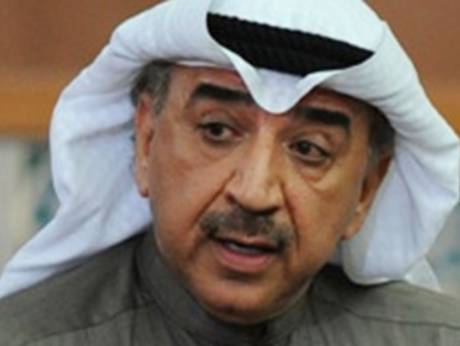On March 29, Kuwait’s parliament voted to strip Member of Parliament, and human rights defender, Abdulhamid Dashti of his parliamentary immunity. The Kuwaiti parliament further informed Dashti that Bahrain’s Criminal Court sentenced him to two years in prison on a number of charges, including illegal fundraising.
Bahrain and Kuwait’s charges against Dashti, and the Kuwaiti parliament’s recent decision to revoke his immunity, represent a dangerous assault on free expression and opposition figures. Bahrain’s charges are similar to those it leveled against prominent opposition members in Bahrain in an effort to silence them. In 2015 Bahraini authorities convicted Hussein Jawad, the Secretary-General of the European-Bahraini Organization for Human Rights, and activist Abbas Baddah over charges of collecting money without a license. Kuwait, on the other hand, is pursuing Dashti over comments he made against Saudi Arabia, and in support of Syrian President al-Assad.
Dashti’s comments and activities have drawn the attention of fully half of the Gulf Cooperation Council. The international scope of his comments and activities and his legal troubles over them demonstrate continued efforts to suppress expression that disagrees with official government lines within the GCC as a whole. The GCC governments’ fear of free expression and opposition is demonstrated not only in the penalties prescribed for speaking out, but also to the lengths the governments go to suppress such activities. For example, Bahraini officials felt strongly enough about Dashti’s activities to go beyond the framework of the GCC and issue an international arrest warrant through Interpol. Furthermore, Saudi Arabia felt threatened enough by Dashti’s comments that it referred him to the Kuwaiti authorities. More broadly, simple criticism of the state, king, or emir is enough to warrant imprisonment or a fine in Bahrain, Kuwait, Oman, and Qatar.
In addition to their individual laws regarding freedom of expression and opposition, the GCC countries share information and collaborate as with the Northern Thunder military exercises and GCC Ministers summits. Through these meetings and exercises, they have worked to construct a shared worldview in which any criticism or dissension is seen to pose an existential threat and is thus punished harshly. With this shared worldview, similar restrictive speech laws, and regional collaboration, the GCC states have worked to create a supranational web in which one country’s reach can be extended throughout the region. In such a way, even MPs like Dashti find themselves bereft of the normal protection of parliamentary immunity.
Tyler Pry is an Advocacy Intern at ADHRB
Photo courtesy of Gulf News





